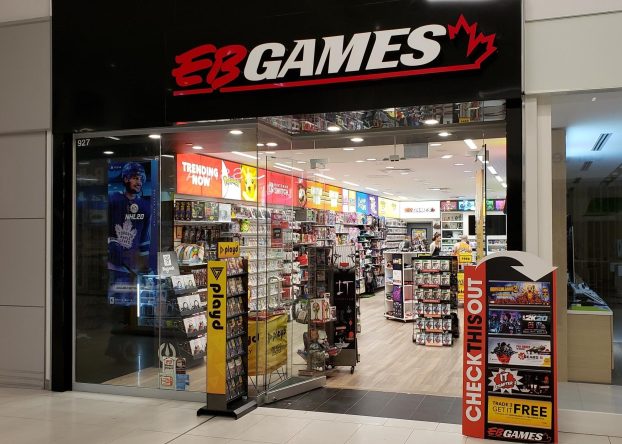Coors Brewing Company of Golden, Colo., is seeking another arrangement to produce and distribute its beer in Canada – a move that, if realized, has the current licensee, Molson Breweries, threatening to produce a competing brand.
The developments come after of an arbitration panel ruling earlier this month that stated Molson had breached its agreement with Coors, leaving the u.s. brewery free to make other arrangements. Molson will continue to produce and distribute the Coors brand in Canada in the interim.
‘Making another licensing agreement with Molson is unlikely, but other options include, but are not limited to, joint ventures, contract brewing, export, equity participation, or we could buy breweries,’ says Dave Dunnewald, a spokesman for Coors.
Marilyn McCrea, Molson director of corporate affairs, says Molson and Coors have agreed to discuss the possibility of a new arrangement between the two companies. However, should that not work out, McCrea says the Canadian brewer has a number of options, ‘including the launch of competing brands.’
Molson has been brewing and marketing Coors products in Canada since 1985 and the brand now represents about 8% of the Canadian brewer’s total sales volume.
As well, the Toronto-based brewery had abandoned marketing support of its Canadian Light brand beer in favour of Coors Light, the No. 1 light beer in the country.
The rift between Molson and Coors began in April 1993 when Coors competitor Miller Brewing Company of Milwaukee, Wis., bought a 20% stake in Molson.
‘It really was surprising that Molson entered into a deal with Miller without even consulting with a company who was depending on them to brew and market their product,’ says Dunnewald.
In March of 1994, Coors gave Molson the 10-year notice required by their agreement and filed for contract arbitration in Canada. It also filed an anti-trust lawsuit against Miller and Molson in the u.s.
The lawsuit is pending in U.S. District Court in Denver, Colo. and is expected to begin early in the new year.
Coors asked that the issue be resolved in one of two ways: either that Miller divest itself of its interest in Molson or that the agreement between Molson and Coors be terminated.
Coors felt there was a risk of confidential business information getting into the hands of Miller, and that Miller also had some control over how much of Coors’ product is brewed and where it is distributed.
The three-member arbitration panel ruled that Molson had breached its agreement with Coors in April 1993 when it allowed Miller to buy 20% of the company.
The ruling returns all Canadian rights to Coors products to Coors.
In addition to other breaches committed that may entitle Coors to damages, the ruling requires Molson to pay Coors all profits derived from the sale of its products since April 2, 1993.
The next phase of the arbitration process, which begins early next year, will determine the amount of monetary damages due to Coors.
Dunnewald says Coors remains committed to Canada and wants to make a decision about the market as soon as possible.
‘We’re the No. 1 light beer in the country. Canadian consumers have expressed their confidence in our brand, so naturally you want to make sure that you’re doing something that will reinforce that.’























